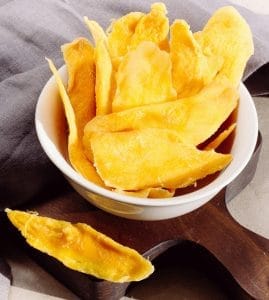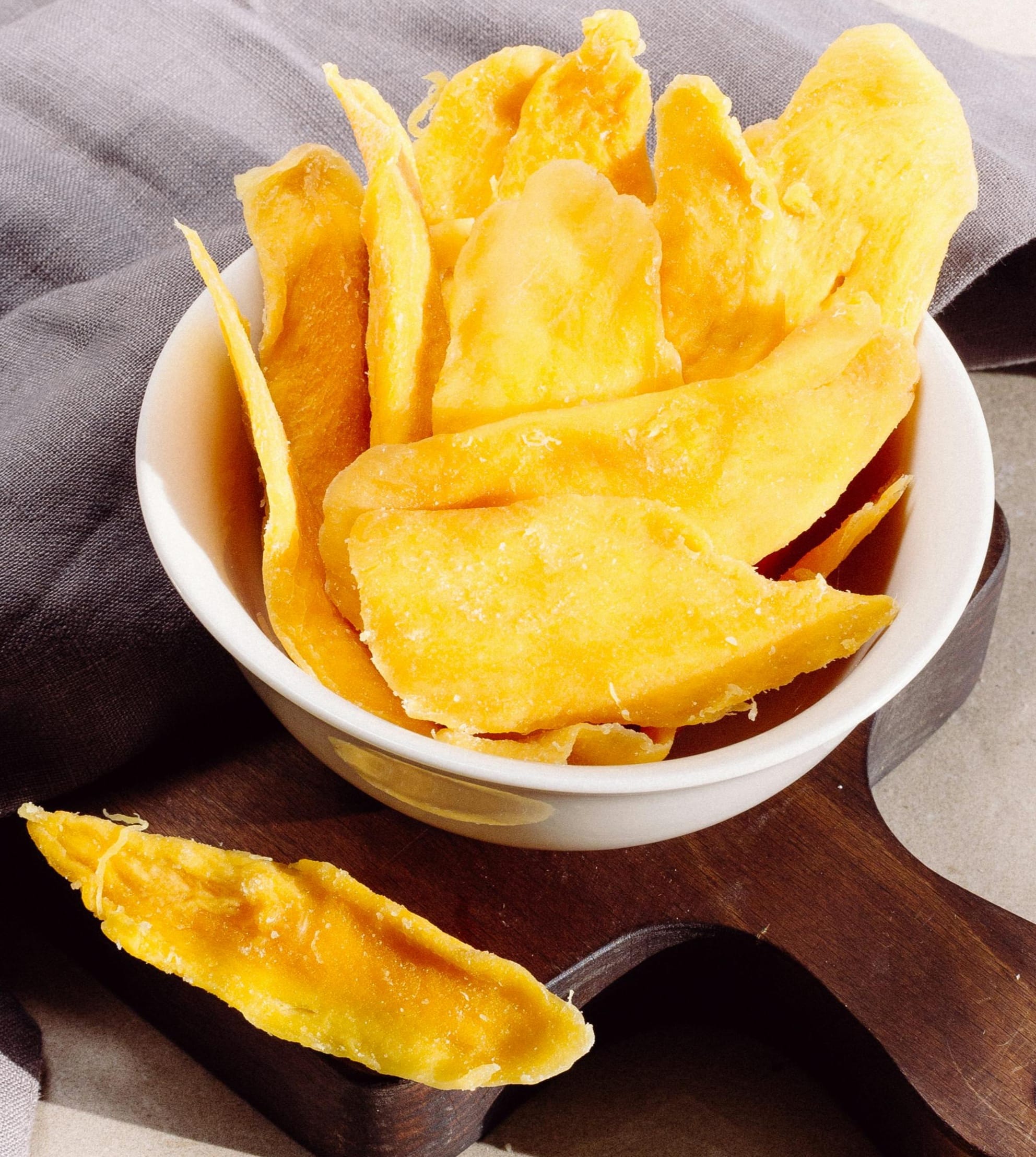The National Agency for Food and Drug Administration and Control (NAFDAC) has initiated an investigation into a viral social media post that alleges the frying of plantain chips using oil adulterated with polythene. In a statement released on Saturday by NAFDAC’s Resident Media Consultant, Sayo Akintola, the agency affirmed its commitment to verifying the claim through a science-based approach before taking any action. NAFDAC assured the public of its dedication to safeguarding public health amidst these concerning allegations.
According to the viral post, a woman purportedly melted approximately five pieces of polythene, commonly referred to as “olonka rubber,” into the oil before grating the plantain to make chips.

The statement from NAFDAC stated, “The attention of the Management of the National Agency for Food and Drug Administration and Control has been drawn to viral posts making the rounds on social media where an individual reported the alleged frying of plantain chips by a woman who melted about five pieces of white polythene, known as ‘olonka rubber,’ into the oil before grating the plantain.”
However, NAFDAC pointed out that the post started circulating before the date the practice was claimed to have been observed, and the geographical location was not specified.
“The agency is adopting a science-based approach in responding to the alleged claim and will conduct necessary laboratory investigations. In the meantime, we advise the public who consume NAFDAC-regulated food products to remain vigilant as consumers,” added the statement.
NAFDAC urged Nigerians purchasing regulated food products to be cautious and attentive. The agency advised consumers to buy from reputable sources and check for NAFDAC registration numbers on product labels. It also warned against products with suspicious packaging, objectionable smell or color, or unrealistically low prices.
“We assure the public that NAFDAC is proactive in safeguarding health. A thorough investigation into the disturbing claim will be conducted,” the statement assured.
NAFDAC pledged to delve into the allegations and take appropriate action based on scientific findings.
Earlier, the Lagos State Consumer Protection Agency alerted consumers of fried plantains, commonly known as “plantain chips,” to be cautious of any unwholesome practices in the processing of the plantains for sale. This advisory was issued in response to the same viral report on social media, where the author claimed to have witnessed a woman melting polythene, also known as rubber or nylons, into the hot oil used for frying the plantains to harden the chips.










